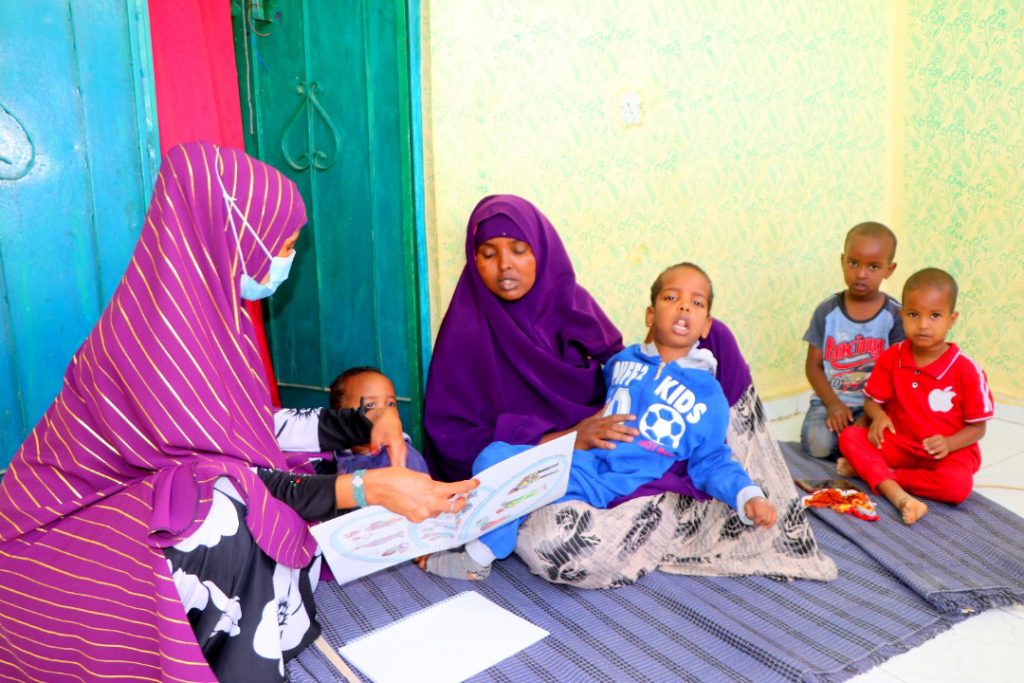In 2015, the United Nations called for a data revolution that would encourage use of multiple sources and enable inclusion of aspects previously neglected in global monitoring, such as equity. In recent years, the Global Education Monitoring (GEM) Report has focused on ways to make more efficient and effective use of information from multiple survey sources to support SDG 4 (‘Ensure inclusive and equitable quality education and promote lifelong learning opportunities for all’) monitoring.
VIEW, a new website that is a result of these efforts, consolidates data sources to estimate a consistent time series of the completion rate to help make the approach more accessible to countries. It’s maps plot differences among countries while graphs highlight the sources that enter into the calculation of national estimates
The model and website is discussed further on the UNESCO’s World Education blog.

